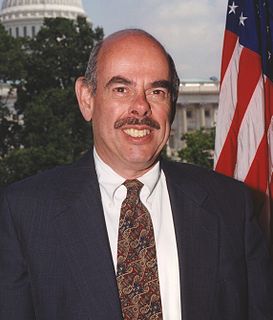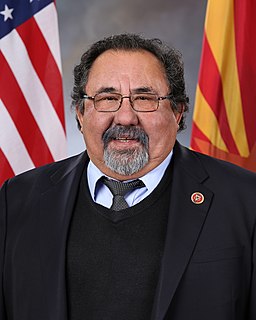A Quote by Wayne LaPierre
If the U.S. refused to take part in the U.N.'s international gun registry, other nations could potentially ban their domestic firearm manufacturers from exporting firearms to the United States.
Related Quotes
Unfortunately, the United States and a few other governments have used the war on terrorism as a way of violating human rights. I am referring to the case of the Guantánamo Bay prisoners. This violation of the rights of prisoners has been so unbelievable that the United Nations has reminded the United States repeatedly that the treatment of prisoners should take place according to the preestablished conventions of the United Nations.
Literally minutes before the Senate cast its vote, the administration sought to add the words 'in the United States and' after 'appropriate force' in the agreed-upon text. This last-minute change would have given the president broad authority to exercise expansive powers not just overseas-where we all understood he wanted authority to act-but right here in the United States, potentially against American citizens. I could see no justification for Congress to accede to this extraordinary request for additional authority. I refused.
Breaking the United States up into a number of pieces could be very good for the integration of those new nations with the rest of the world and the international law whose primary enemy is now the United States government. I think that it would be very good for democracy, for people to be within some hundreds of miles of their nation's capital, as they are in many other countries, so that they didn't have to travel thousands of miles to protest, to exercise their First Amendment rights, but that is the current state of affairs in this overly large, imperial nation.
The domestic power structure - how power is exercised in the United States, for instance - greatly influences the structure of international institutions. So, for example, the Clinton administration was very influential in shaping the WTO treaty, and, because of the way the US domestic political system works, this meant that corporations could use the US government to wield a huge influence.
I think we're in a new era where the advancing tide is towards human unity, where people all around the world want to come together. The United States is in a position where it can lead the way towards that and it can do it in practical ways by affirming the power of the United Nations so that the international process makes decisions on international security.
He has systematically violated, over the course of the past 11 years, every significant UN resolution that has demanded that he disarm and destroy his chemical and biological weapons, and any nuclear capacity. This he has refused to do. He lies and cheats; he snubs the mandate and authority of international weapons inspectors; and he games the system to keep buying time against enforcement of the just and legitimate demands of the United Nations, the Security Council, the United States and our allies. Those are simply the facts.
Going in and occupying Iraq, thus unilaterally exceeding the United Nations' mandate, would have destroyed the precedent of international response to aggression that we hoped to establish. Had we gone the invasion route, the United States could conceivably still be an occupying power in a bitterly hostile land.
The United States is only one superpower. Today they lead the world. Nobody has doubts about it. Militarily. They also lead economically but they're getting weak. But they don't lead morally and politically anymore. The world has no leadership. The United States was always the last resort and hope for all other nations. There was the hope, whenever something was going wrong, one could count on the United States. Today, we lost that hope.
I presented a bill that will address a glaring loophole that allows gun buyers to bypass a background check by purchasing guns as kits. These kits allow anyone to purchase a totally untraceable firearm. The act simply says these weapons should be regulated like other firearms and require background checks.






































